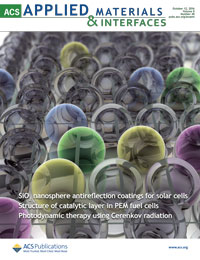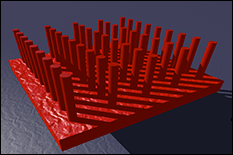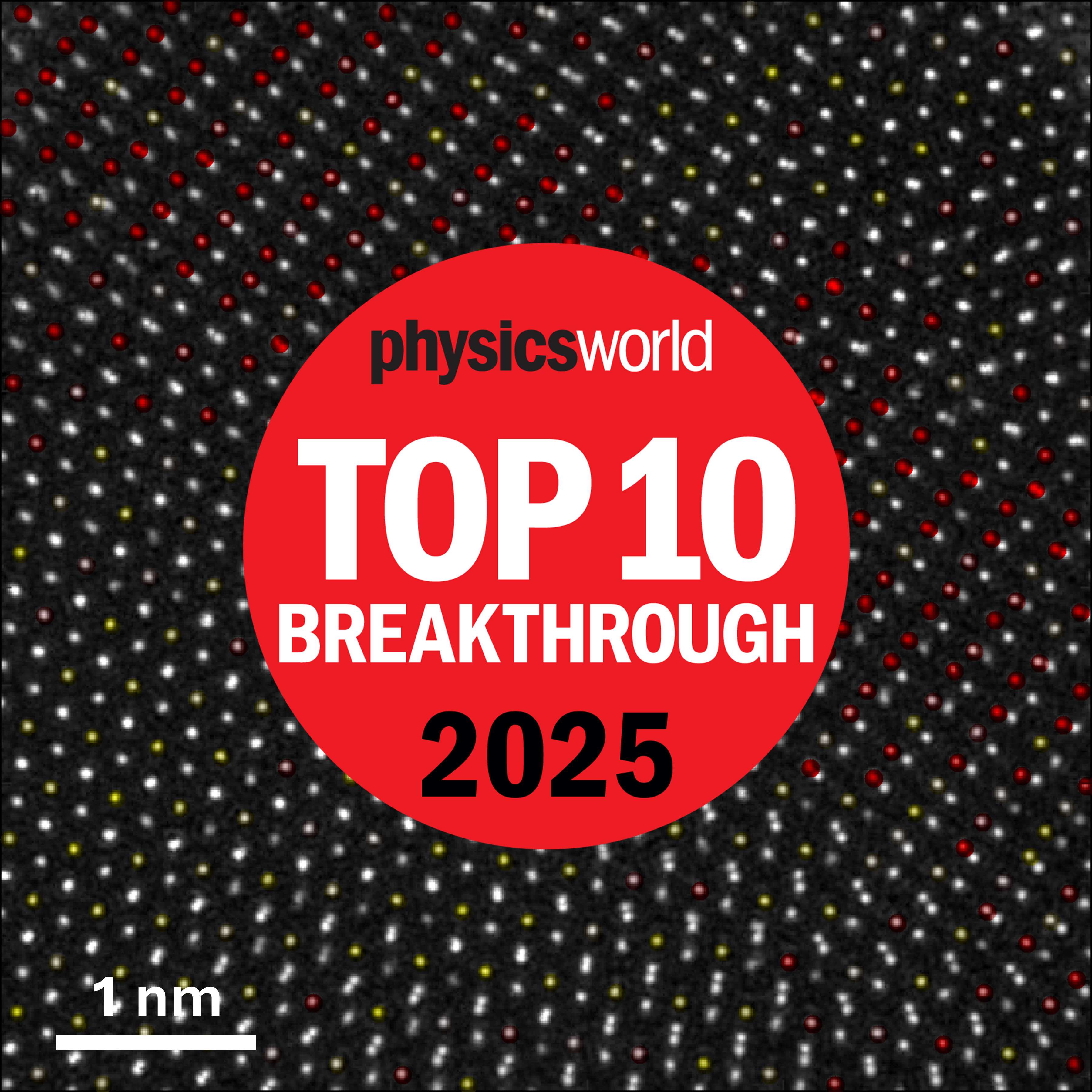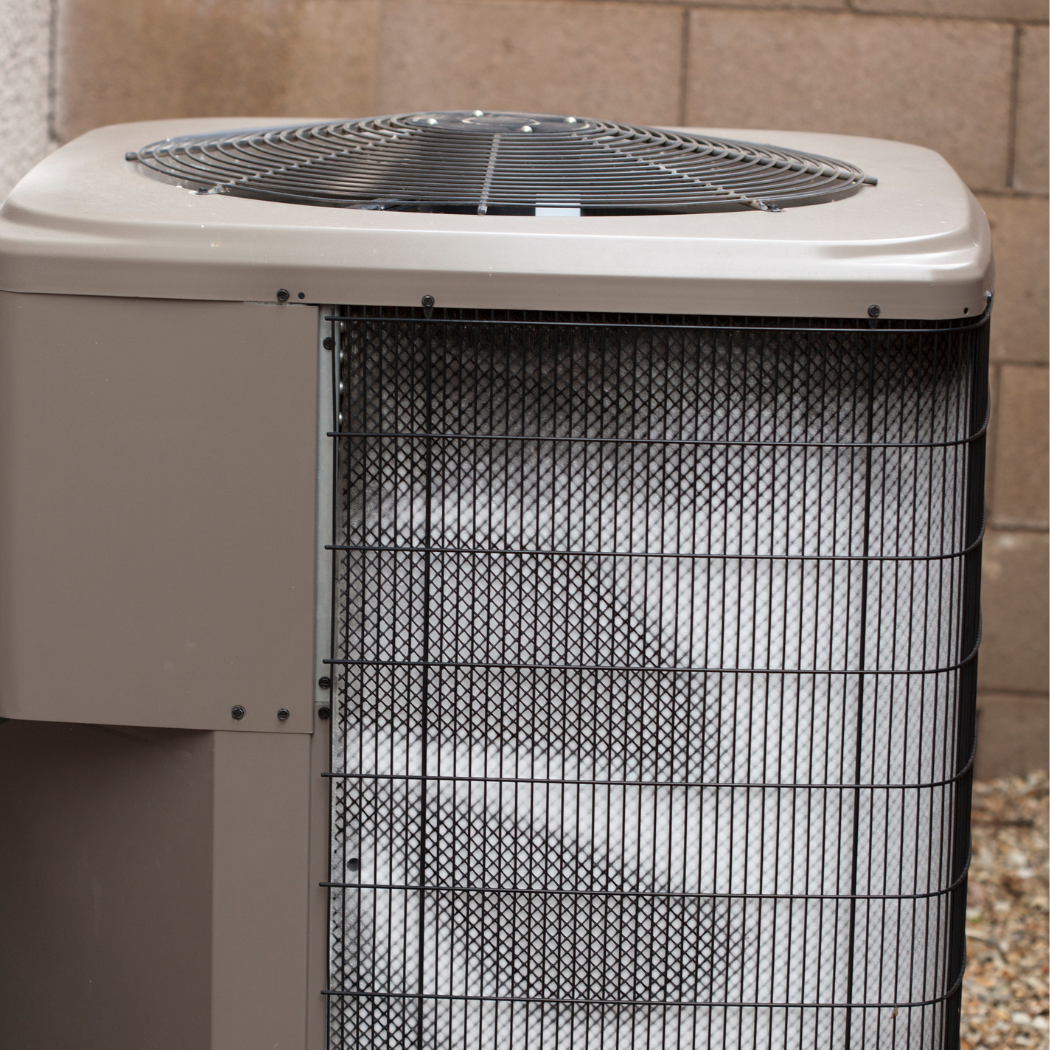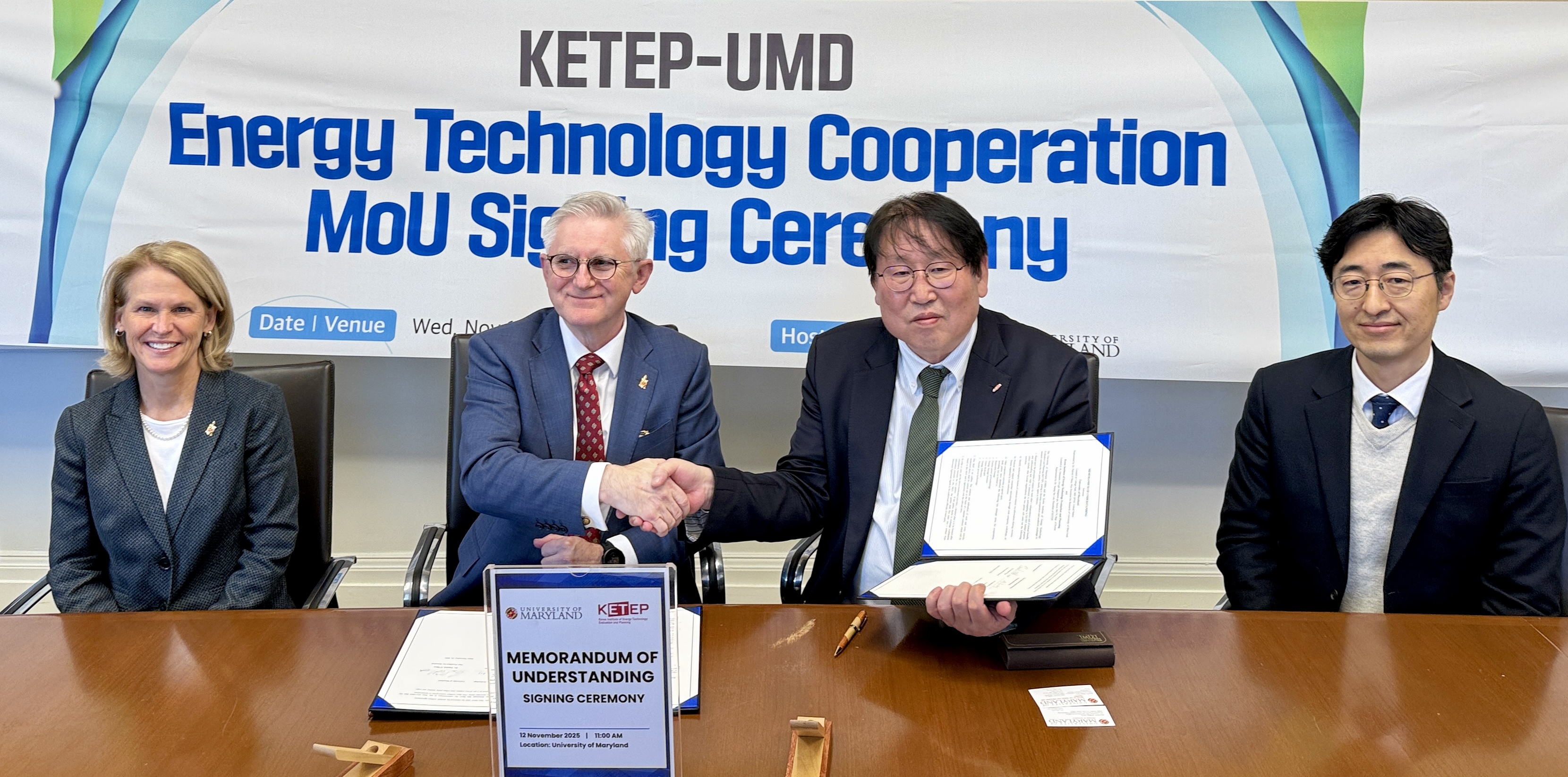News Story
“Solar Smart Window” Offers Privacy and Light Control on Demand
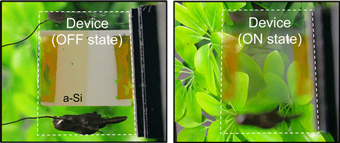
Research highlighting self-powdered “smart solar windows” has been published recently in the October 26, 2016 issue of ACS Photonics. The researchers, postdoc Joseph Murray and graduate student Dakang Ma in The Department of Electrical and Computer Engineering and, along with Prof. Jeremy N. Munday (ECE, IREAP), have created a new smart window that can turn opaque on demand and even power other devices. The paper was promoted by the American Chemical Society here.
Abstract: The ability to electrically control transparency and scattering of light is important for many optoelectronic devices; however, such versatility usually comes with additional unwanted optical absorption and power loss. Here we present a hybrid switchable solar window device based on polymer dispersed liquid crystals (PDLCs) coupled to a semiconducting absorber, which can switch between highly transmissive and highly scattering states while simultaneously generating power. By applying a voltage across the PDLC layer, the device switches from an opaque, light scattering structure (useful for room light dimming, privacy, and temperature control) to a clear, transparent window. Further, enabled by the very low operating power requirements of the PDLC (2), we demonstrate that these switchable solar windows have the potential for self-powering with as litter as 13 nm of a-Si.
Electrically Controllable Light Trapping for Self-Powered Switchable Solar Windows
Joseph Murray, Dakang Ma, and Jeremy N. Munday
ACS Photonics, Article ASAP
doi: 10.1021/acsphotonics.6b00518
Published November 29, 2016
